Hernie Yunia S. Special Division Head of Language in Power Ranger Quantum Cosmos Space
Written by Quantum Study Club on 06.04(Ranger Paling Rakus.,.,.dari segi makan maupun dalam segi pemilihan warna "Warna di borong kabeh cenahmah hayang pelangi wae.,.,dasar Peuyempuan.,., )
Contents
- 1 Properties of language
- 2 The study of language
- 3 Human languages
- 4 Artificial languages
- 5 Formal languages
- 6 Animal communication
- 7 See also
- 8 Notes
- 9 References
- 10 Further reading
- 11 External links
English Division

English language
| English | ||
|---|---|---|
| Pronunciation: | /ˈɪŋɡlɪʃ/[1] | |
| Spoken in: | Listed in the article | |
| Total speakers: | First language: 309–400 million Second language: 199–1,400 million[2][3] Overall: 1.8 billion[3] | |
| Ranking: | 3 (native speakers)[4][5] Total: 1 or 2 [6] | |
| Language family: | Indo-European Germanic West Germanic Anglo–Frisian Anglic English | |
| Writing system: | Latin (English variant) | |
| Official status | ||
| Official language in: | 53 countries | |
| Regulated by: | no official regulation | |
| Language codes | ||
| ISO 639-1: | en | |
| ISO 639-2: | eng | |
| ISO 639-3: | eng | |
| | ||
| Note: This page may contain IPA phonetic symbols in Unicode. | ||
English is a West Germanic language originating in England and is the first language for most people in the United Kingdom, the United States, Canada, Australia, New Zealand, Ireland and the Anglophone Caribbean. It is used extensively as a second language and as an official language throughout the world, especially in Commonwealth countries and in many international organizations.
Contents |
Significance
Modern English, sometimes described as the first global lingua franca,[7][8] is the dominant international language in communications, science, business, aviation, entertainment, radio and diplomacy.[9] The initial reason for its enormous spread beyond the bounds of the British Isles where it was originally a native tongue was the British Empire, and by the late nineteenth century its influence had won a truly global reach.[10] It is the dominant language in the United States and the growing economic and cultural influence and status as a global superpower since World War II has significantly accelerated adoption of English as a language across the planet.[8]
A working knowledge of English has become a requirement in a number of fields, occupations and professions such as medicine and as a consequence over a billion people speak English to at least a basic level (see English language learning and teaching).
Linguists such as David Crystal recognize that one impact of this massive growth of English, in common with other global languages, has been to reduce native linguistic diversity in many parts of the world historically, most particularly in Australasia and North America, and its huge influence continues to play an important role in language attrition. By a similar token, historical linguists, aware of the complex and fluid dynamics of language change, are always alive to the potential English contains through the vast size and spread of the communities that use it and its natural internal variety, such as in its creoles and pidgins, to produce a new family of distinct languages over time.[citation needed]
English is one of six official languages of the United Nations.
History
English is a West Germanic language that originated from the Anglo-Frisian dialects brought to Britain by Germanic settlers and Roman auxiliary troops from various parts of what is now northwest Germany and the Northern Netherlands. Initially, Old English was a diverse group of dialects, reflecting the varied origins of the Anglo-Saxon Kingdoms of England. One of these dialects, Late West Saxon, eventually came to dominate. The original Old English language was then influenced by two waves of invasion. The first was by language speakers of the Scandinavian branch of the Germanic family; they conquered and colonized parts of Britain in the 8th and 9th centuries. The second was the Normans in the 11th century, who spoke Old Norman and ultimately developed an English variety of this called Anglo-Norman. These two invasions caused English to become "mixed" to some degree (though it was never a truly mixed language in the strict linguistic sense of the word; mixed languages arise from the cohabitation of speakers of different languages, who develop a hybrid tongue for basic communication).
Cohabitation with the Scandinavians resulted in a significant grammatical simplification and lexical supplementation of the Anglo-Frisian core of English; the later Norman occupation led to the grafting onto that Germanic core of a more elaborate layer of words from the Italic branch of the European languages. This Norman influence entered English largely through the courts and government. Thus, English developed into a "borrowing" language of great flexibility and with a huge vocabulary.



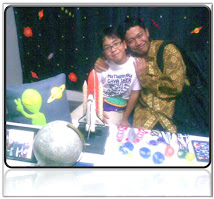
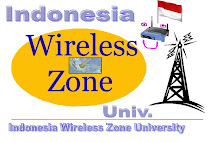









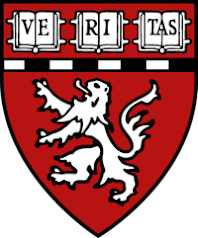


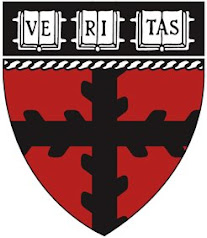
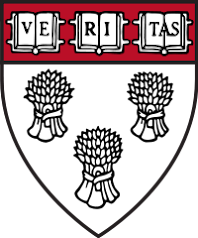

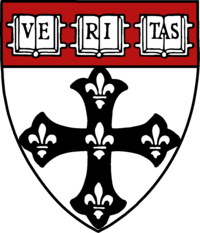

0 comments: Responses to “ Hernie Yunia S. Special Division Head of Language in Power Ranger Quantum Cosmos Space ”